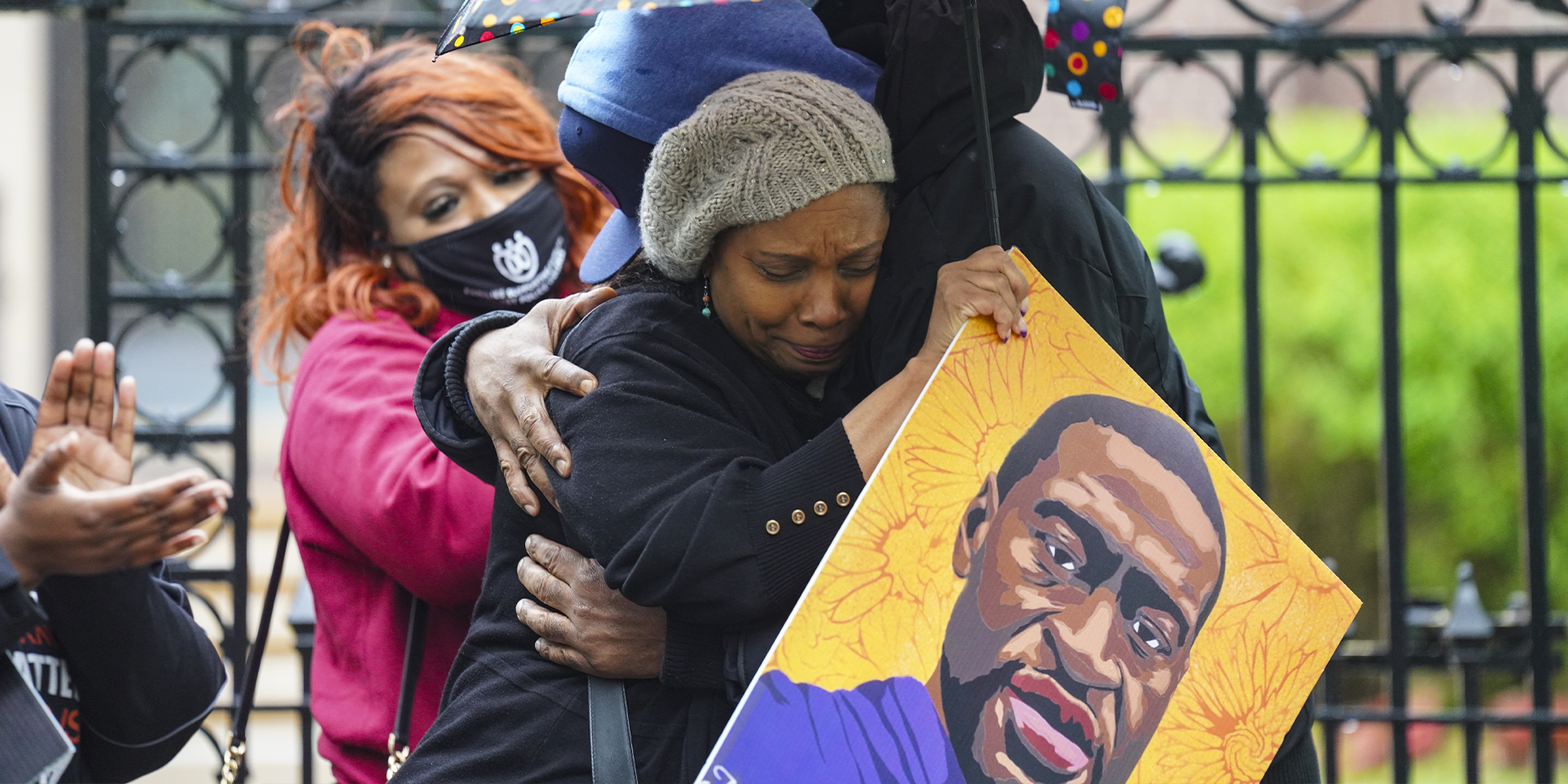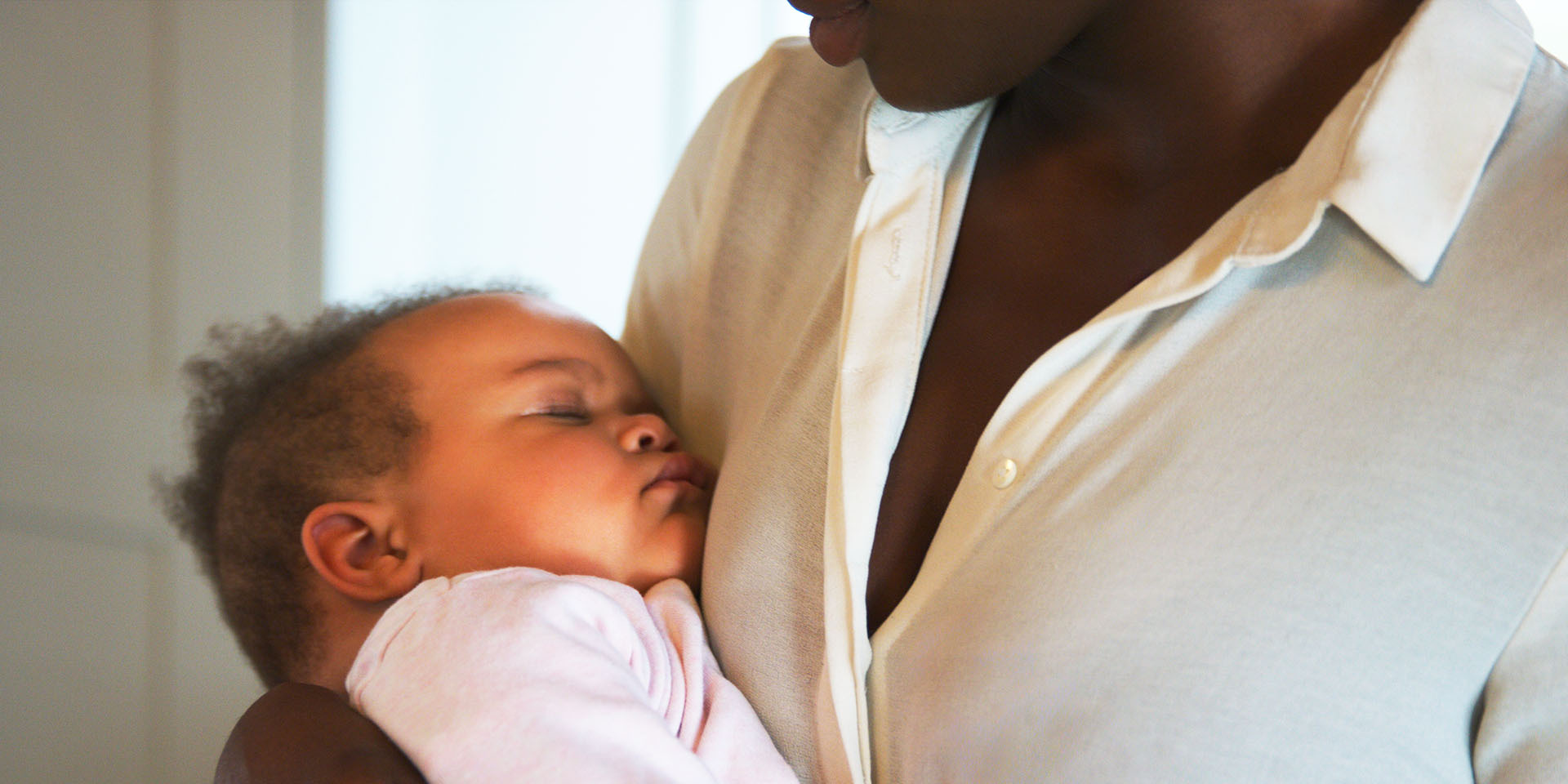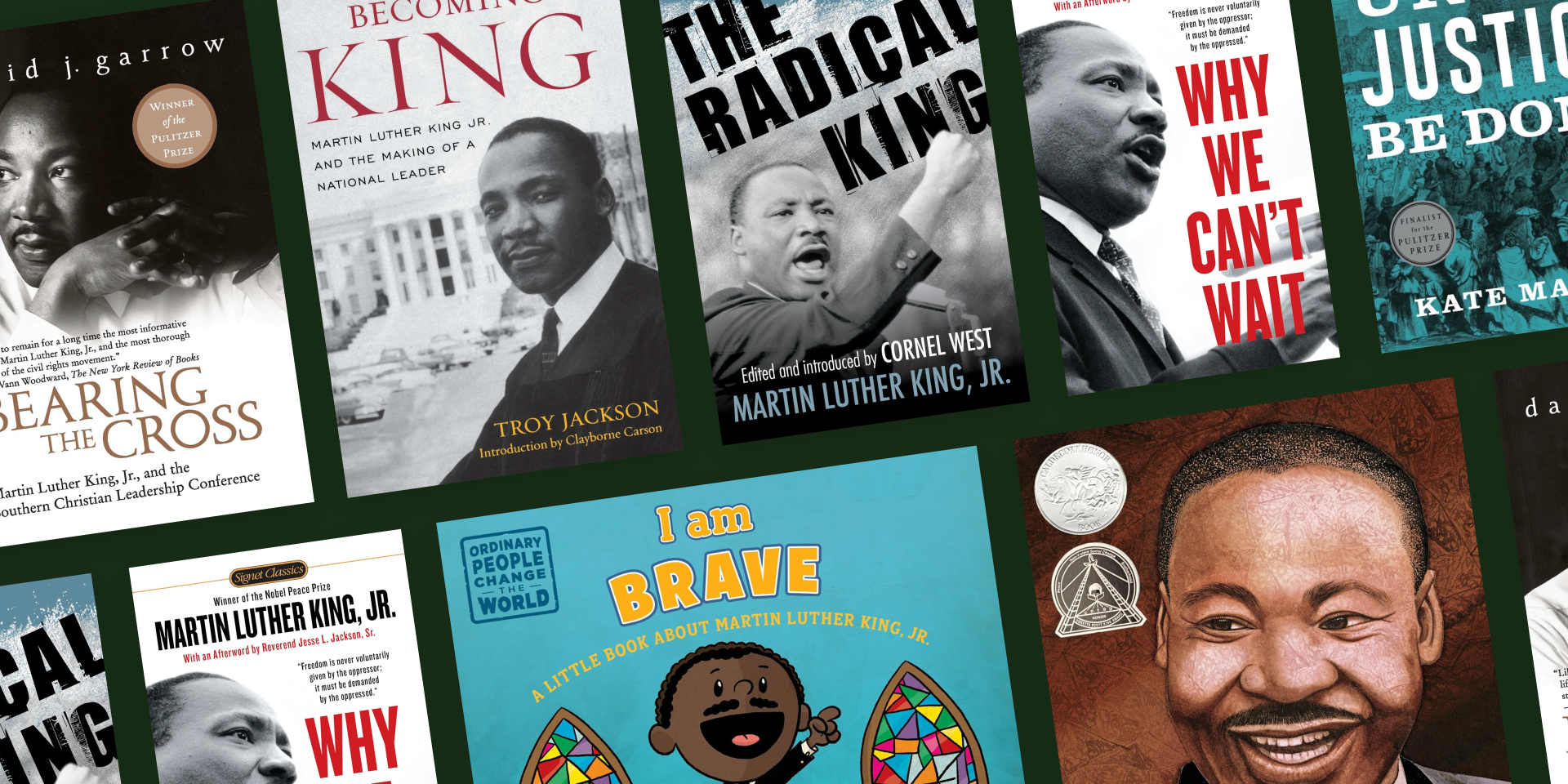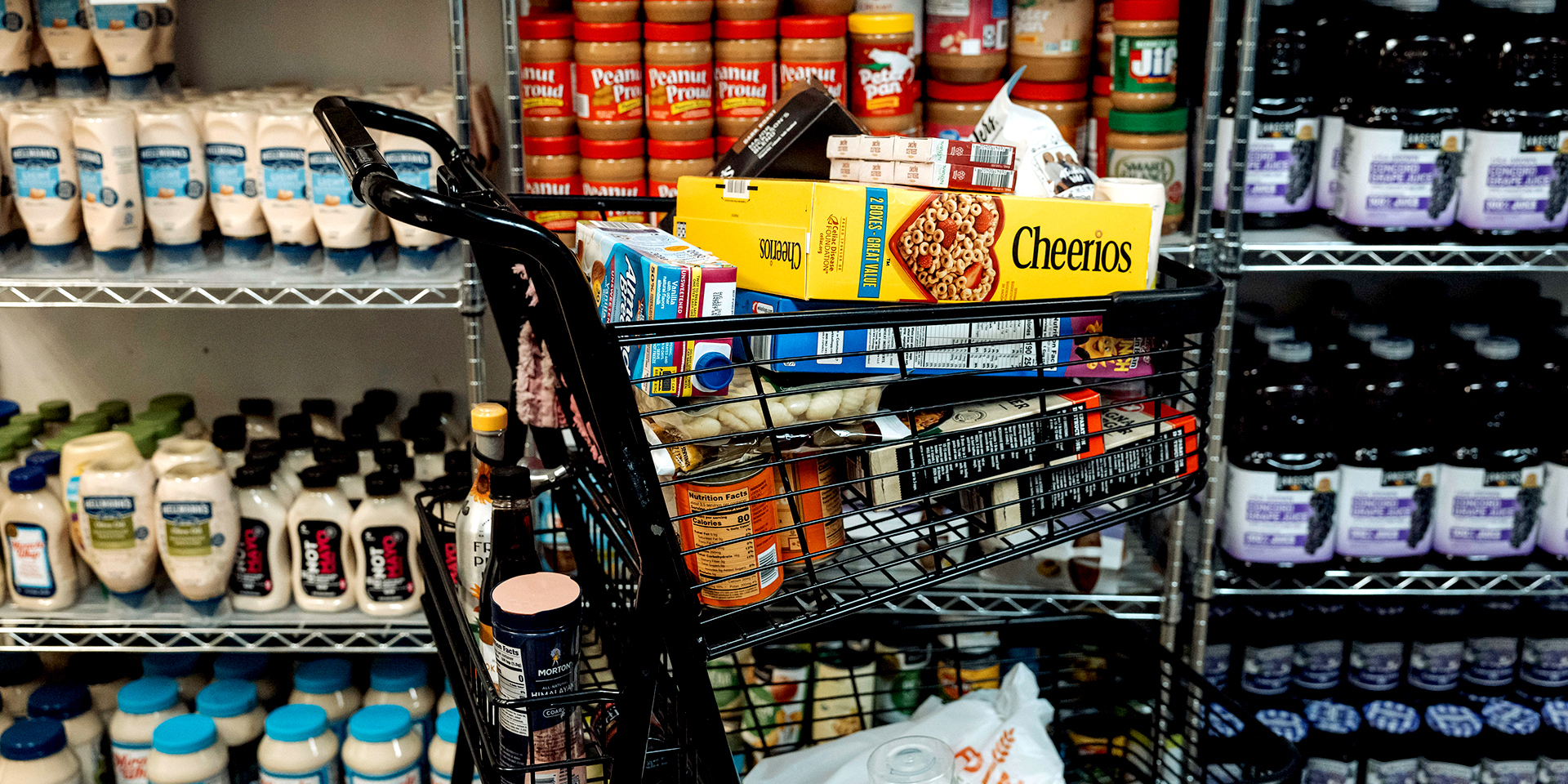“Say your ABCs. But say it without singing the alphabet song.”
This was the first of two commands I was given during a traffic stop in 2002. I was a 25-year-old graduate student in North Carolina, driving home from campus that night. A police officer pulled me over for allegedly speeding on the interstate and asked me to step out of my old Mitsubishi Mirage.
I still vividly remember how I felt in the moment. I remember embarrassment from wondering if other people I knew would drive by and recognize me standing on the side of the road, intentionally keeping my hands visible to the officer. I remember discomfort at the sudden briskness of the wind chill hitting my body as I stepped out of my heated car into what was a very cold winter evening. I remember my utter confusion from the officer’s command. I had been ticketed for speeding before but never given a literacy test during the process.
“You do know your ABCs, don’t you?” asked the officer, smugly.
My reply was a careful recitation of the alphabet in the most monotone voice I could muster. I was careful to articulate each letter in case any lack of diction was a signal of intoxication for him. By the time I got to “Z,” a second squad car pulled up behind the first — blue lights flashing. New feelings started to develop, mixing into the odd concoction of embarrassment, discomfort and confusion. At that point, I felt afraid and unsafe.
Feeling unsafe with the very people hired to keep you safe has always been a special paradox for Black people such as myself. It begs the question about what true community safety means for us and whether our system of law enforcement is our only means to achieve it.
In 2002, I had no idea who George Floyd was, nor could I have predicted his impending fate at the hands of police officers on May 25, 2020. However, I did know what happened to Rodney King, who suffered a beating brutal enough to kill most people. I knew hip-hop lyrics from countless artists railing against police brutality in Black communities. I knew what my family taught me when I first got my learner’s permit: If I’m ever pulled over, keep my hands where the officer can see them. Turn down my music. Have my license and registration ready. Be respectful, but don’t say too much, get home safely.
Looking back, it was this community that always brought a sense of safety and would have been the people I’d call if something unsafe were to happen during this traffic stop.
“Alright, now say your ABCs again, but say it backwards this time,” said the officer. “Say what?” I questioned, as more confusion set in. “Say your alphabet from Z to A,” replied the officer with a blank stare.
His second command was odder than the first. It was not an impossible task, but something I’d never been asked to do before, or since. Now annoyed, thinking that this served no relevant purpose for a speeding ticket and that he was now toying with me, a new feeling emerged: anger. This anger competed with the “get home safely” lessons my family drilled into me as a teenager.
I started my second recitation of the alphabet, pausing a few times in between. Recalling what letter comes before “Q” took an extra few seconds that I hoped wouldn’t be too much of a red flag. By the time I got to “A”, a third squad car had pulled up behind the second — blue lights flashing.
Miraculously, after all the alphabet tests, questions about whether I’d been drinking (which I hadn’t) or if I had contraband in the car (which I didn’t), the now half-dozen officers on the scene decided to let me go with a simple speeding ticket. However, the thankfulness of being able to go home safely did not replace the anger from being in the situation in the first place.
That anger resurfaced when George Floyd was suffocated, pinned face-down on the pavement for more than nine minutes in 2020. Anger had me march in the streets for justice in the middle of a pandemic. Anger had me organize with other angry people and reimagine with them what community safety could be.
Five years later, even after the marches have ended and the murals are painted over, the emotions are still there for me and Black people across the country — and will remain there until justice and accountability in policing are truly achieved.
Accountability gives us a world where Officer Derek Chauvin is convicted in court and remains in prison for his full sentence, even though some conservative activists and lawmakers are urging President Donald Trump to pardon him.
True justice, however, gives us a world where George Floyd is still alive today. This anniversary of George Floyd’s death should be a reminder to strive for justice so the next George Floyd can make it home safely.
Delvin Davis is the interim director, research policy for the Southern Poverty Law Center.
Image at top: In a photo from 2022, protesters gather outside of the Minnesota governor’s residence in St. Paul for a rally on the second anniversary of the murder of George Floyd. (Credit: Aaron Nesheim/Anadolu Agency via Getty Images)






